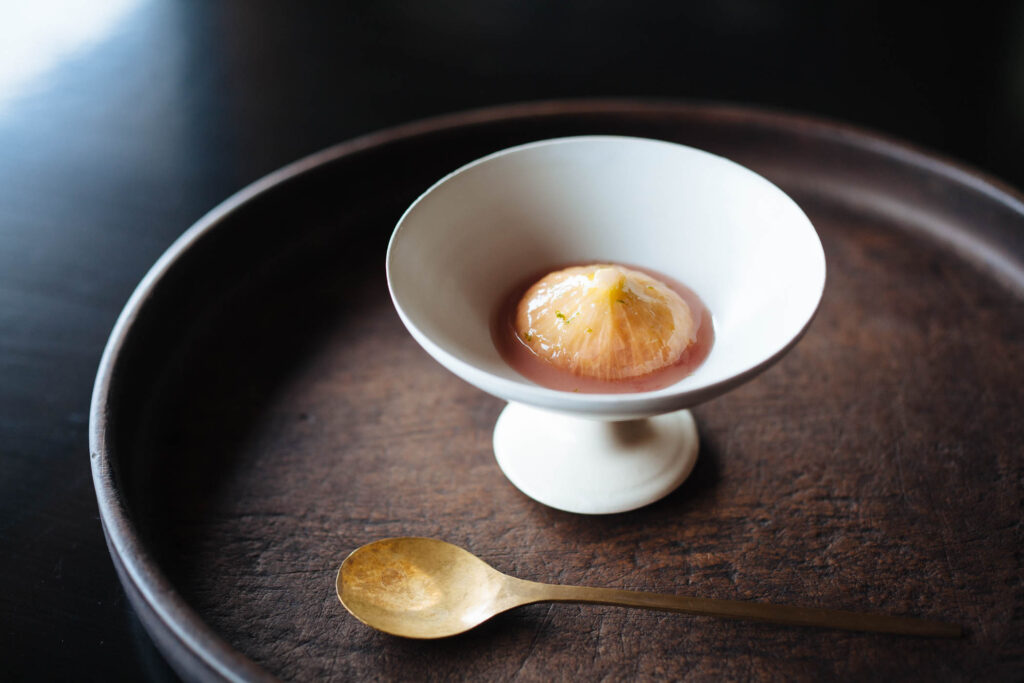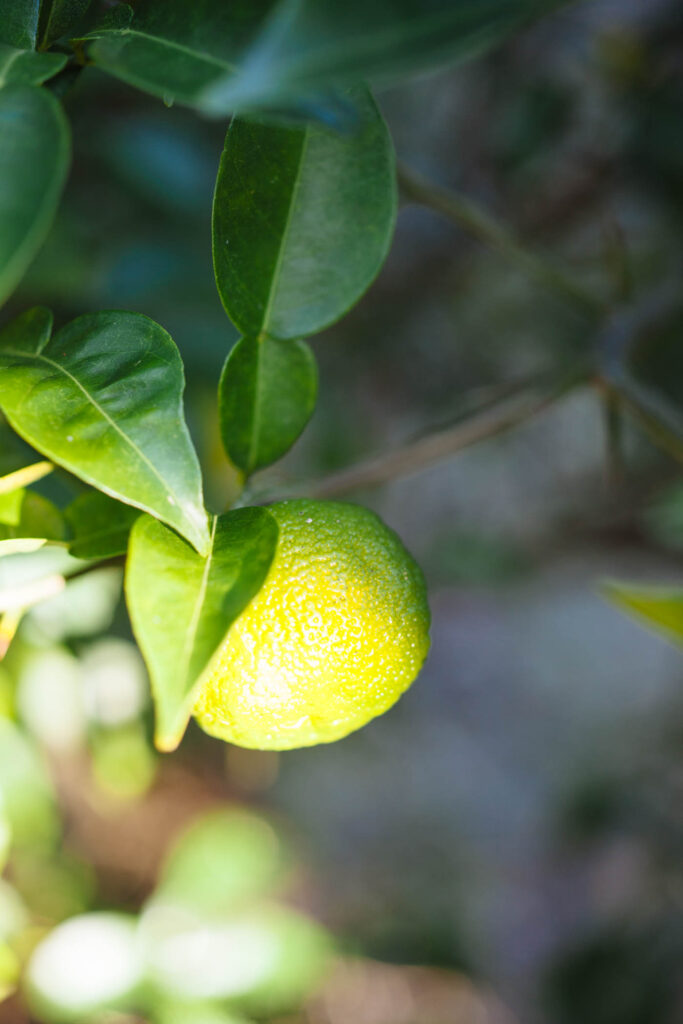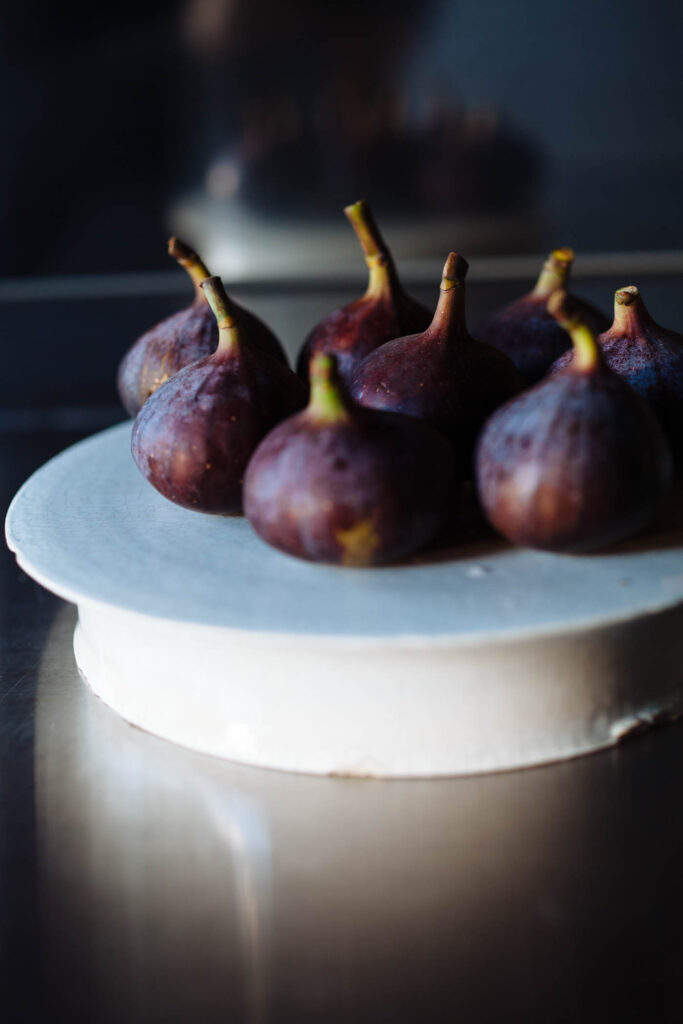
Though these missives come from Mirukashi, I’m in fact writing to you from Maine. Maine is another place we call home. It’s our refuge from sweltering summers in Kyushu. But Maine is more than just an escape from the heat. Early on I realized that if I were going to commit 100% to creating a life in Japan, I couldn’t actually spend 100% of my life in Japan. Being an expatriate takes a toll, at least it does on me. No matter how accustomed I become to the language and adoring of the culture, being a foreigner is an isolating experience. So much of how we express ourselves depends upon our mother tongue. I can be funny in Japanese, but it’s usually unintentional. What I consider my innate sense of humor, dry with a twist of wit, withers in Japanese. Over time the soul starts to feel solitary. In Maine I plug into my native New England habitat and recharge so I can return to Japan with energy and enthusiasm.
For the most part binational living suits me. Just as wanderlust sets in, I get to quell my restlessness with a long flight to a land far away while always landing in a place I call home. One of the great draws of Maine is its phenomenal food scene. Full of passionate and talented farmers, fishers, and foragers, who provide local, seasonal ingredients, in summer at least, Maine paints – with a different palette – a very similar picture to our life in Mirukashi. There are just two things that migrating between Japan and the States prohibit, having a dog and more fully living out my homesteading dreams. The hole in my heart that a canine companion should inhabit persists, but my recent purchase of land for a dedicated space to house the Mirukashi salon opened a door to homesteading more fully as part of the salon’s purpose and expression. My orchard of ume and citrus have entertained and fed me for years, but I’ve always wanted space to grow more. And now I have it, a vast flat, open, southeast facing sunny tract of land that elicits visions of a bountiful garden.


This summer I’ve been diving into the world of permaculture with my eye on this ambitious goal. And it has inspired me to attend several of the talks offered at the the upcoming Common Ground Fair, an annual summit of all things organic and edible sponsored by MOGFA, held nearby. As I was scanning the list of presentations, I saw one on growing figs. It made me think of my 15 year struggle (read failure) to grow a fig tree in Japan. They should thrive there. But not mine. I planted it many years ago and then moved the poor tree more times than I can remember as I imagined, and then reimagined the hillside outside our door. It has survived, but never thrived. I can recall whole summers when it drank in the sun through only a single lobate leaf. Dwarfed by its beleaguered beginnings it stands barely a head higher than the ferns that crowd around it.
In Mirukashi the season for figs is fall, though not from my unfortunate tree. Luckily I don’t have to depend on it for fruit. Local figs can be found at the market. They are gorgeous and plump, with purplish black skin stretched taught over a voluptuous teardrop of flesh. When sliced in half they can make you blush. Figs are the sirens of the fruit family, mysterious, alluring and irresistible. Fresh figs are succulent, and best when so ripe and soft you fear they’ll bruise from your gaze alone. In Japan they are usually peeled and eaten raw which is divine in its own right. But as autumn blows in and evenings cool, I find myself at the stove stewing them in savory-sweet white miso and the juice of aoyuzu, unripe yuzu picked from the tree in my orchard. On the cusp of the equinox, the sun sets surprisingly early. Warm days give way to cool nights and our palates open to warmer flavors.